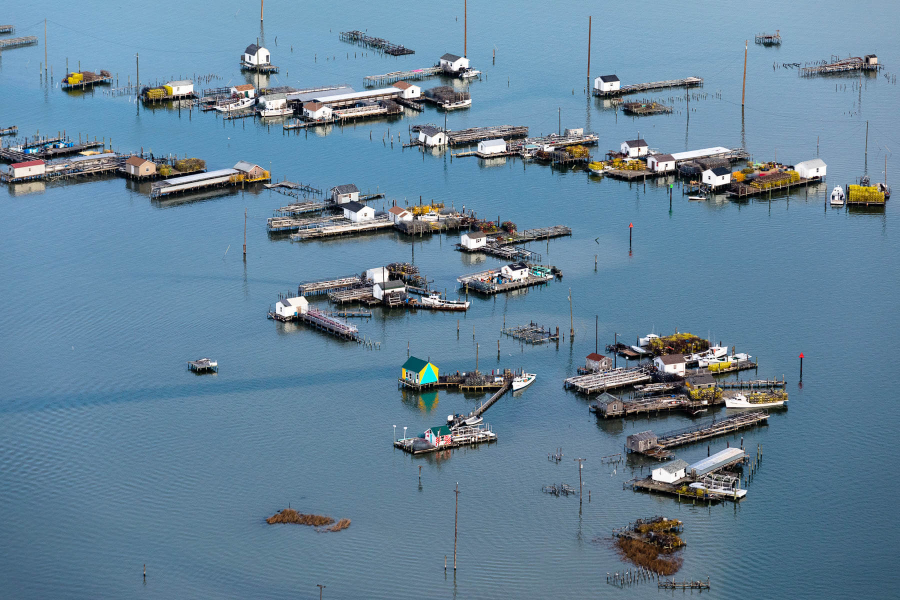Getting the perfect soft-shell on Tangier Island
Tangier Island’s crabbing tradition is facing multiple threats

Tangier Island in Virginia is considered the “soft-shell crab capital of the world.” Though the island is small, the many watermen there are responsible for around 13 percent of the Bay’s blue crab harvest.
Soft-shell crabs, which have shed their hard shells, are highly sought after and difficult to find. Watermen on Tangier Island have to catch and identify “peelers,” or hard-shell blue crabs that are showing signs of molting. The peelers are kept in tanks, where watermen regularly check on them until they fully shed. Watermen have only a small window of opportunity to harvest the crabs before the shells start to harden again, leaving “green crabs” that can’t be sold as soft-shell.
There is a long history of crabbing on Tangier Island. Many of the families on the island have been living and crabbing there for generations. Today, that history is threatened by subsidence, erosion and climate change. At its highest point, Tangier Island is only about four feet above sea level. The already low-lying island and the region around it are slowly sinking, or subsiding, and erosion is slowly washing the ground away. On top of that, the waters around the island are rising. Together, these factors cause the island to shrink at a rate of nearly nine acres each year.
In the 2014 Watershed Agreement, the Chesapeake Bay Program partnership committed to increase the resiliency of the Chesapeake region to climate change. This includes monitoring and assessing impacts of climate change and pursuing projects to enhance the resiliency of Bay to erosion, flooding, more intense and more frequent storms, and sea level rise.
Learn more about climate change in the Chesapeake Bay.

Comments
There are no comments.
Thank you!
Your comment has been received. Before it can be published, the comment will be reviewed by our team to ensure it adheres with our rules of engagement.
Back to recent stories